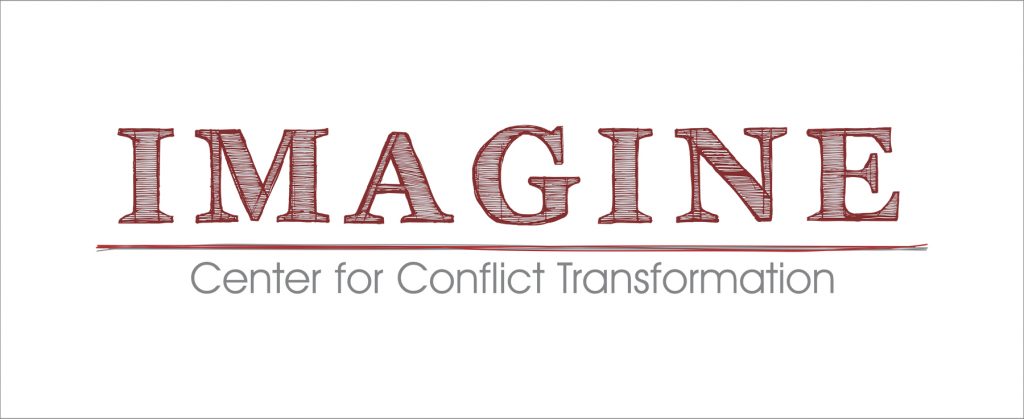Thirty years after the collapse of the USSR, the social and cultural landscapes of post-socialist (P.S.) cities are again undergoing dramatic transformations. In recent years, various social and cultural changes are more common in the context of armed confrontation and mass, including forced, migration. New sites of memory are emerging, changing historical politics leave their mark in the landscapes of cities, the population of many cities and lifestyles of their residents are changing rapidly. The authors of the project focus primarily on these themes, observing both general trends and specific problems or (non-)obvious achievements.
Here we discuss what is very often left for postscript (P.S.). It is very difficult to listen to a specific person’s story behind the six or seven-figures designed to tell us about the dramatic results of conflicts or the dynamics of migration processes. The different faces of the residents of post-socialist cities are hidden behind the statistics that homogenize them. According to sociologist Rogers Brubaker, politicians, political analysts, officials, journalists and even social researchers most often are using categories of groupism. As a result, city dwellers become members of imaginary solidarity groups of “true” patriots or hostile “fifth column”, an integral part of the conflicting or “brother” peoples, statistical victims, refugees and settlers. The collective image of a migrant or internally displaced person most often has little in common with specific people who have been pushed to change their place or country of residence by a variety of life circumstances.
Our goal is to remind that behind the numbers of cold statistics are hidden specific people. We strive to hear their voices and inform about experiences, hopes and expectations of ordinary people in the many post-socialist cities whose lives have been changed owing to conflicts or migration.
The platform was created in the context of two projects – “Memory Guides on Post-Soviet Conflicts. Creation of information resources for peaceful transformation” and “Ateliers d’intégration: migrants and refugees in the big city”, implemented by the CISR e.V. Berlin and funded by the German Foreign Office.
We are open for cooperation and for publication of various materials (articles, essays, visual narratives, interviews) not contradicting our goals. Please contact us with questions or submit articles to p.s.cmm@cisr-berlin.org

The platform was created in the context of two projects:
| Memory Guides on Post-Soviet Conflicts Creation of information resources for peaceful transformation |  |
Ateliers d’intégration: migrants and refugees in the big city |



